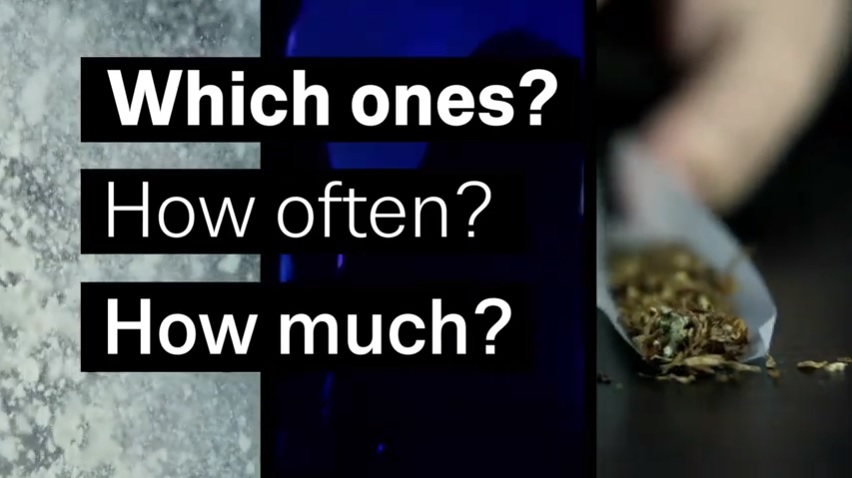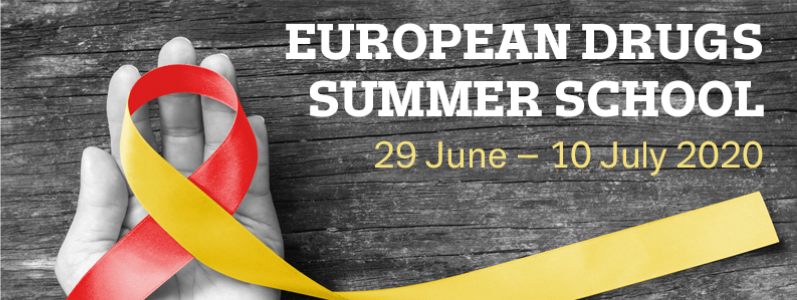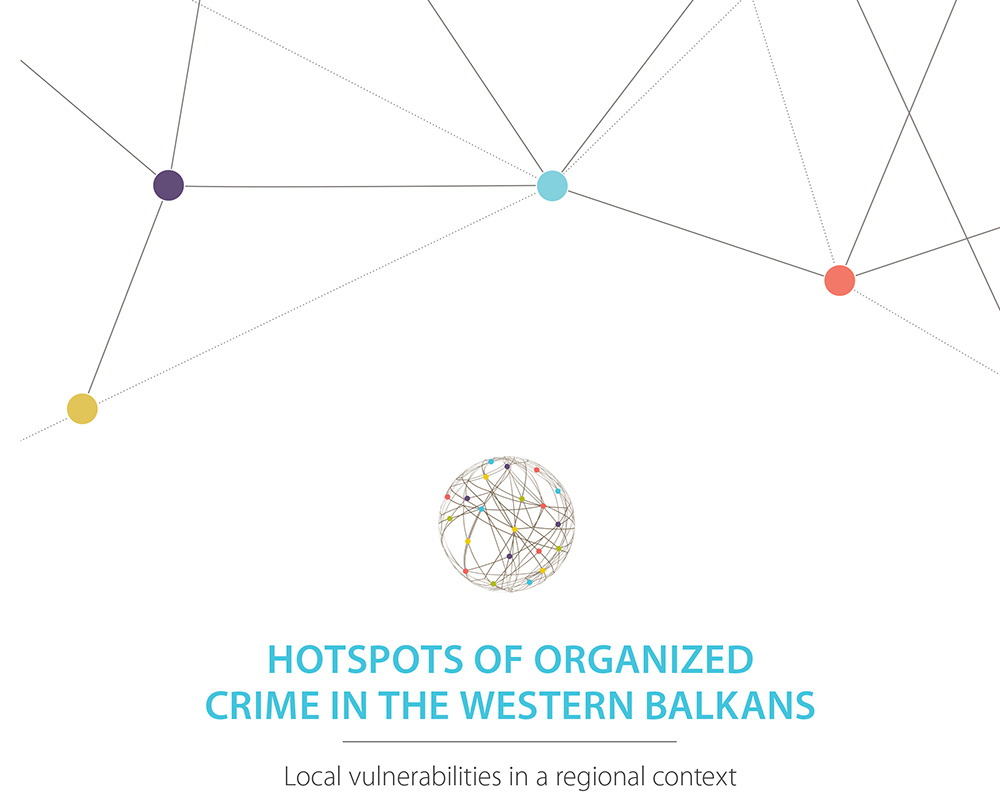The Western Balkans is a crossroads for the trafficking of many illicit commodities, and it is a geographical hub for the smuggling of migrants who are trying to enter Western Europe.
 The Global initiative against transnational organised crime (GI-TOC) published a new report: “Spot Prices: Analysing flows of people, drugs and money in the Western Balkans“.
The Global initiative against transnational organised crime (GI-TOC) published a new report: “Spot Prices: Analysing flows of people, drugs and money in the Western Balkans“.
It provides a detailed overview of the prices and routes for drugs and migrants being smuggled through the Western Balkans and sheds light on the size of the profits generated and where the money is laundered.
This report contains a wealth of information gathered through field research and interviews carried out with current and former law enforcement officials, investigative journalists, researchers, local officials, migrants, drug users, and civil society representatives in the region.
There are a lot of interesting maps and visual presentations about migrant smuggling, drug trafficking and money laundering. I hope you will enjoy it reading.
 To read the report, follow this link>>>.
To read the report, follow this link>>>.




 The Global Initiative against Transnational Organized Crime (
The Global Initiative against Transnational Organized Crime (
 To read the full report,
To read the full report, 
 To read the Report in various languages follow these links
To read the Report in various languages follow these links
 The EMCDDA has initiated a project investigating the impact of COVID-19 on people who use drugs, drug markets and challenges for drug service provision in the Western Balkans.
The EMCDDA has initiated a project investigating the impact of COVID-19 on people who use drugs, drug markets and challenges for drug service provision in the Western Balkans.

 During the session on Prevention of infectious diseases, DPNSEE Executive Director Milutin Milošević presented Situation in the Western Balkan countries. Besides presenting the Network and briefly describing the type of data that are available to us, a detailed view on the situation in the Western Balkan countries was given including prevalence of HIV, HCV, HBV among people who inject drugs, provision of harm reduction services and access to treatment, barriers and challenges and relevant policies in the region.
During the session on Prevention of infectious diseases, DPNSEE Executive Director Milutin Milošević presented Situation in the Western Balkan countries. Besides presenting the Network and briefly describing the type of data that are available to us, a detailed view on the situation in the Western Balkan countries was given including prevalence of HIV, HCV, HBV among people who inject drugs, provision of harm reduction services and access to treatment, barriers and challenges and relevant policies in the region.

 The report is available in
The report is available in